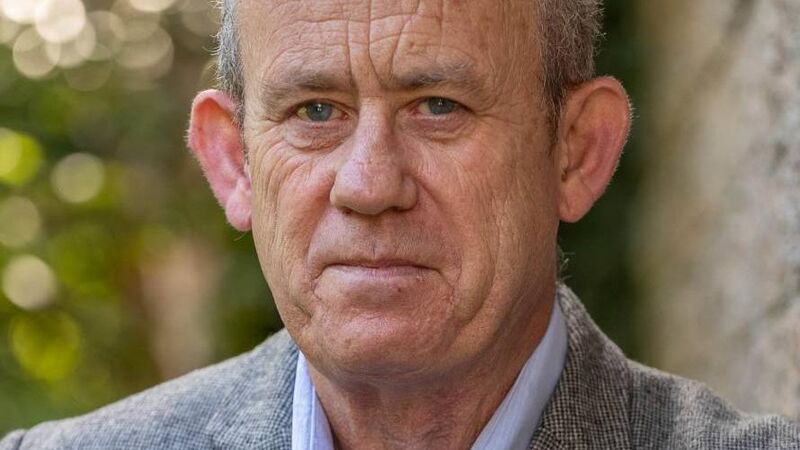Book Review: An Irish prison officer considers his career

Retired prison officer David McDonald’s book tells a compelling story in a measured and matter of fact way. Picture: Dylan Vaughan
- Unlocked: An Irish Prison Officer’s Story
- David McDonald with Mick Clifford
- Sandycove, €13.99







